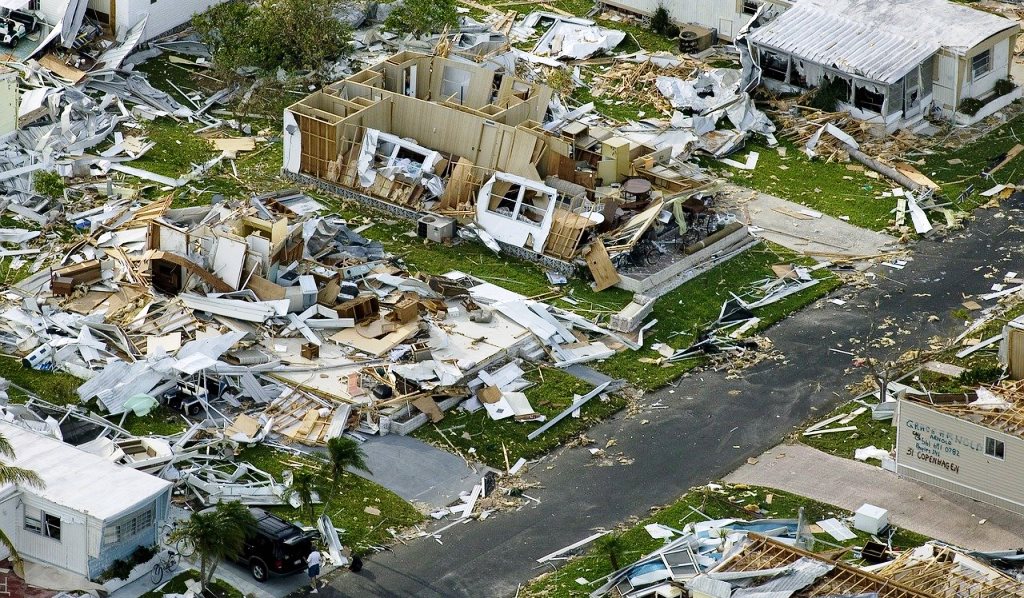On February 24, 2021, HSBC, Intel, Arup, and Tesco were among the global businesses backing the launch of a new resilience network created to help companies, cities, and governments adapt to emerging global economic and environmental shocks.
More than 600 businesses, with annual revenues of more than $3 trillion and employing more than 10 million people across 150 countries, underpin the collaboration of think tank The Resilience Shift and Resilience First, the world’s largest resilience business network.
The new network brings together disparate industries – from finance, to retail, technology, engineering and the built environment – to help governments and businesses promote economic recovery and shape post-pandemic stimulus that builds resilience and accelerates global decarbonization (climate restoration) efforts.
The spectrum of businesses involved ranges from Perkins & Will (Dar Group) to WSP, NBC Universal International, and Lloyds Register Foundation.
The new network will focus on helping create conditions for post-COVID economic recovery and the drive to net-zero emissions, as well as supporting the Roadmap to COP and UN Decade of Action.
It will also concentrate on wider resilience issues, including the complex interdependencies of international trade, resilience of supply chains, and cyber security.
Nigel Topping, recently appointed by the UK Government as the High Level Climate Action Champion for the COP26 UN climate talks, said he was delighted so many businesses had “answered the call” and that this new platform would help firms to decarbonize, and build their own resilience and that of their industry.
Jo da Silva, Global Sustainable Development Leader at Arup, said, “Over the last year, the importance of resilience has been made starkly clear; from firms enabling us all to adapt to online work or adapting to online product and services, through to healthcare services responding to the massive increase in intensive care cases, and even energy and transport networks operating on a skeleton staff.”
“This ability to adapt to and recover from crisis or change will only become more critical as we navigate the implications of climate change, digital transformation, a growing population and less resources over the next 20 years,” she continued.
The Resilience Shift, supported by Lloyd’s Register Foundation and Arup, has built a global community of interest from its roots in providing new collaborations, knowledge, tools and approaches to ensure a transformative approach to the resilience of critical infrastructure.
Resilience First is a business-oriented membership organization, supported by blue-chip champions and key stakeholders in a cross-section of industry sectors, with a mission to advance resilience best practice across urban business communities.
Photo of hurricane damage by WikiImages from Pixabay.

